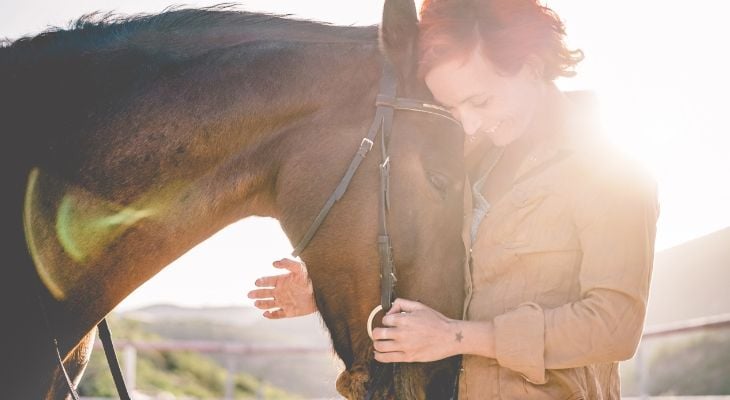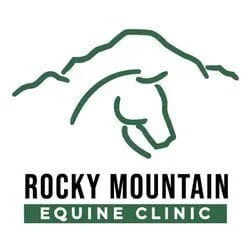
While cancer is not as prevalent in horses as it is in humans, horses do get several types of this disease. Here are a few of the common types of cancer that a horse might develop.
Melanoma
Gray horses over the age of 15 are the likeliest candidates to get melanoma. Melanoma tumors originate from cells that produce skin pigment. They sometimes start out benign and then later turn malignant. This is especially the case when young horses grow skin tumors. However, many horses have growths that remain benign and never cause problems. If you notice growths on your horse, consult with an equine veterinarian. Your vet will probably want to measure and monitor any suspicious growths.
Sarcoid Tumors
These types of tumors can grow enormous, but they don’t enter the bloodstream and seldom spread internally. Instead, they stay local and may grow so large that the horse suffering from the tumor becomes disabled. These are one of the most common types of skin tumors in horses and may be caused by bovine papilloma virus. Your veterinarian may suggest surgery or chemotherapy to eliminate the sarcoid tumor. Unless all the cancerous tissue is removed, the tumor may grow back.
Squamous Cell Carcinoma
Body parts with little pigment or hair covering them — such as the anus, genitalia, inside the mouth and around the eyes — are the most common places for horses to develop squamous cell carcinoma. Appaloosas often develop cancer on their eyelids while horses that live in sunny places may get cancer around the eyeball. Catching cancer that develops on or around the eyes of a horse early gives the horse the best chance of saving its sight. Horse owners should carefully watch for any changes around the third eyelid (nictitans) or the inner surface of the lower eyelid. Call your equine veterinarian if you notice red areas or bumps. Unless squamous cell carcinoma is removed, it will spread and eventually become fatal.
Lymphosarcoma
This disease typically starts in one lymph node and then spreads to others. Lymph nodes are small nodules that work throughout the body to make white blood cells and fight infections. Horses get four types of lymposarcomas: generalized, mediastinal, intestinal and cutaneous. If your horse has generalized lymphosarcoma, you’ll probably notice large masses around the horse’s neck, chest and under the jaw. Symptoms of intestinal lymphosarcoma include diarrhea and extreme weight loss. Mediastinal lymphosarcoma affects lymph nodes between the lungs, causing increased heart rate and coughing. Horses with cutaneous lymphosarcoma grow localized tumors directly under the skin, and have the best prognosis.
Breast and Ovarian Cancer
Breast cancer is rare in mares, but when a tumor occurs in the area, it’s usually malignant. Only about a dozen cases have been reported. Of those, all but one were malignant.
Prostate and Testicular Cancer
Aging stallions sometimes develop testicular tumors. However, these are seldom malignant. Although, prostate cancer seems to be increasing among male horses.
If you notice growths on your horse, sudden weight loss or any other signs of distress, call our office today. Remember that horses have evolved to hide their weaknesses. While hiding vulnerabilities is a useful strategy for avoiding predators, it doesn’t help you, the horse owner, provide your horse with the best care. So keep a close watch over your horse and take any health changes seriously.
